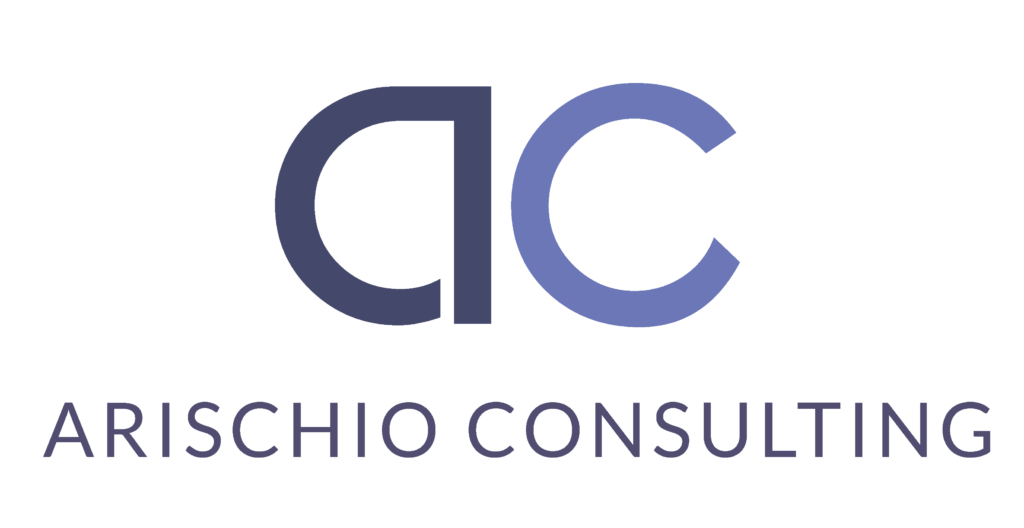The increase in global polarization, the perceived decline of U.S. hegemony, and discussions about the emergence of a New World Order are complex phenomena that have significant implications for the global business environment and geopolitical stability. These trends are interconnected and influence each other in various ways. Understanding them requires a look at their broader context and potential impacts on international relations and global markets.
Increased Global Polarization
Global polarization refers to the growing ideological, political, and economic divides between countries and within societies. This trend is often marked by heightened nationalism, protectionism, and a retreat from global cooperation in favor of individual national interests. The conflicts in Ukraine and Gaza, tensions in the South China Sea, and the U.S.-China trade war exemplify how geopolitical tensions can lead to polarization. This environment creates uncertainty for businesses, as it affects international trade policies, access to markets, and the stability of global supply chains.
The End of U.S. Hegemony
The concept of the end of U.S. hegemony pertains to the relative decline in the United States’ ability to unilaterally influence global affairs, economically, militarily, and politically. This shift is attributed to the rise of other global powers, notably China, which challenges the U.S.’s dominant position, especially in the Asia-Pacific region. The emergence of multipolarity, with several significant powers rather than a single hegemonic state, leads to a more complex global landscape. For businesses, this shift could mean a reevaluation of global strategies, including investment decisions, market entry strategies, and geopolitical risk assessments.
Rise of the New World Order
The term “New World Order” has been used to describe potential or emerging shifts in the global power structure, characterized by multipolarity and a redistribution of power among various state and non-state actors. This new order is seen as moving away from U.S.-centric globalization towards a more diversified global system with multiple influential players, including China, the European Union, and regional powers. For businesses, this emerging order means navigating a world with multiple centers of power, each with its own regulatory environments, economic policies, and political risks.
Impacts on Businesses and Areas of Concern
- Regulatory Uncertainty: As power shifts, so do regulatory environments. Businesses must stay agile and informed about changes in trade policies, sanctions, and international law.
- Supply Chain Vulnerability: Increased polarization and geopolitical tensions can lead to disruptions in global supply chains. Businesses should consider diversifying suppliers and logistics strategies to mitigate risks.
- Cybersecurity Risks: In a polarized world, the risk of cyber espionage and warfare increases. Companies must invest in robust cybersecurity measures to protect their assets.
- Market Volatility: Political and economic shifts can lead to market volatility. Businesses need to develop flexible financial strategies to withstand unforeseen market changes.
- Ethical and Social Responsibility: Companies must navigate complex social and political issues, balancing profit with ethical considerations and social responsibility.
Strategies for Businesses
- Geopolitical Risk Assessment: Regularly assess how geopolitical shifts could impact operations and markets, and develop contingency plans.
- Diversification: Diversify markets, suppliers, and investment to reduce dependency on any single country or region.
- Compliance and Legal Strategies: Stay informed about and comply with international regulations, sanctions, and laws to avoid legal pitfalls.
- Engagement and Advocacy: Engage with policymakers and participate in industry advocacy to influence favorable policies.
- Corporate Social Responsibility (CSR): Invest in CSR initiatives to build a resilient and positive brand image that can withstand geopolitical pressures.
In summary, the increased global polarization, the shifting of power away from a single hegemonic state, and the rise of a New World Order present challenges and opportunities for businesses. Navigating this landscape requires a proactive, informed approach to risk management, strategic planning, and ethical considerations.
Follow me on LinkedIn for more interesting articles on how we can use risk management strategies to manage uncertainty and impact to our businesses.


